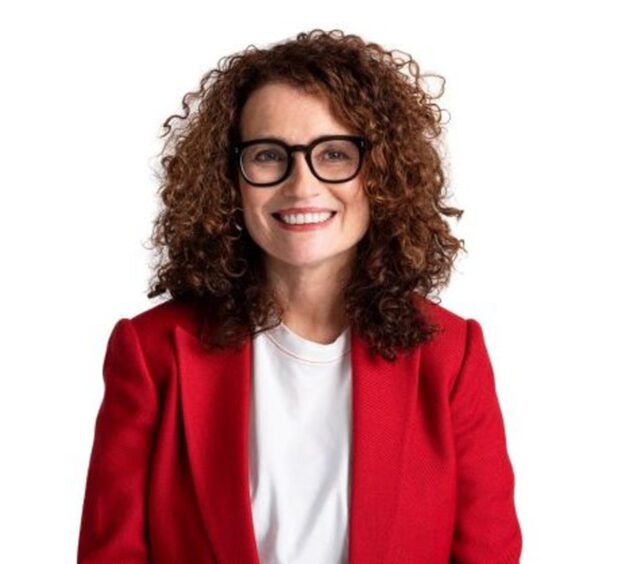
When I was 16 years old, I left school and began an apprenticeship, working my way up the career ladder and later earning my A-levels and an MBA. Despite the opportunities I enjoyed, I actually spent a lot of my career embarrassed that my start was different than other people’s and I didn’t see many people with a similar background at an executive level.
That’s changed over the years, and now I couldn’t be prouder to share how I got my start. My apprenticeship gave me valuable workplace experience and qualifications, and today I’m an advocate for policies and programmes that bring a broad range of talent into our business and our sector. It’s both personal for me – and makes good business sense.
At BP, we are undergoing the largest transformation in our history. We’re investing in today’s energy system, which is predominantly oil and gas, while helping build out tomorrow’s. To deliver on these plans, we need a diverse range of perspectives and a variety of skills – from technical educations to advanced university degrees in the regions where we operate around the world.
Opening opportunity to people regardless of their background or identity is central to BP’s ethos. We’ve put in place ambitious goals to support alternative career paths and developed innovative talent programmes, like apprenticeships and working experience offers, to widen the talent pool. We’re also investing in STEM education initiatives because development of employability skills in young people is key to the energy transition.
We have learned a lot over the last few years and hope that by sharing our insights other organizations can consider how they too can attract talent from a range of backgrounds to tackle our industry’s toughest challenges.
Innovative investments in skills and education
From engineering placements on our Gulf of Mexico platforms to trading and shipping positions in London, BP’s apprenticeships provide a real alternative to going directly to university by offering an opportunity to earn and learn at the same time across a variety of career paths. We’re also diversifying our apprenticeship programmes to make sure we have offers for a wider range of individuals, including school leavers, technician apprentices, current employees looking to upskill, and retail store-based employees.
We see colleagues already reaping the benefits of our programme – and so is the company. Take Tania Curtis, a former apprentice in my people, culture and communications team. She completed a HR apprenticeship with BP last year, spending one day a week at the University of West London and the rest working at BP. Today, she’s an invaluable member of our employee insights team.
That’s just one story. There are many more like it among the 850+ BP apprentices worldwide today – and we aim to expand our apprenticeship programmes to over 2,000 participants by 2030.
Work experience programmes are another way that companies can offer early insight into career paths. Each year, up to 500 students across the globe are gaining work experience at BP offices and retail sites while completing their education. For example, in Kuala Lumpur, Malaysia we recently partnered with the MySkills foundation hosting 30 students for work experience. Additionally, in Pune, India we are partnering with non-profit youth organization FUEL, and hosted 40 students for a two-day immersive experience.
Investing in our current workforce – and the workforce of the future – must also include access to education. We know that career preferences are shaped long before we start recruiting. Research has shown that only about 15% of young people aspire to become scientists; so young people self-selecting out of a STEM career significantly diminishes the pool of talent available to the energy industry.
For 50 years, BP has supported scholarship and STEM education programmes around the world, reaching more than 1.7 million students and 108,000 teachers in the UK alone. But we’re not stopping there, we’re partnering with institutions to ensure that the local workforce in the areas where we have operations has the right skills for our projects. In the US for example, initiatives like our Historically Black College and University Fellowship Program provides scholarships and energy industry career experience to students and our Bridge Program offers mentorships to help students transition from high school to university.
Building skills for our collective future
While great progress has been made in our industry, there is more work ahead.
Now is the time for all companies across our sector to think creatively and innovatively. How can we identify, fulfil, and deploy the skills needed to help provide the mix of energy types that the world wants and needs? How can we work together in collaboration with the education and training sector?
We have an opportunity to develop a workforce with the skills to help deliver today’s energy and support the advancement of the energy transition. Let’s take advantage of this moment to build a resilient, skilled workforce ready to tackle the challenges of tomorrow.
Kerry Dryburgh is EVP, people, culture and communications for BP
Recommended for you
